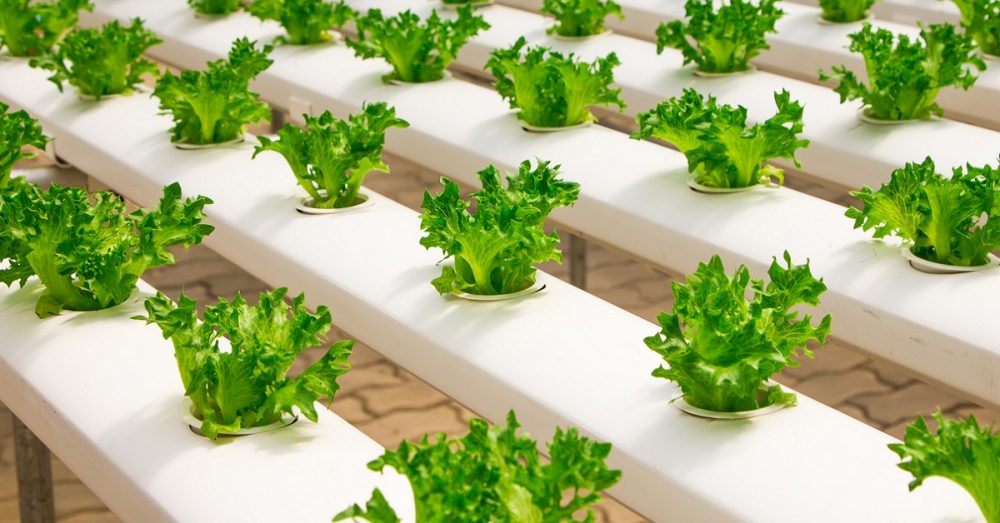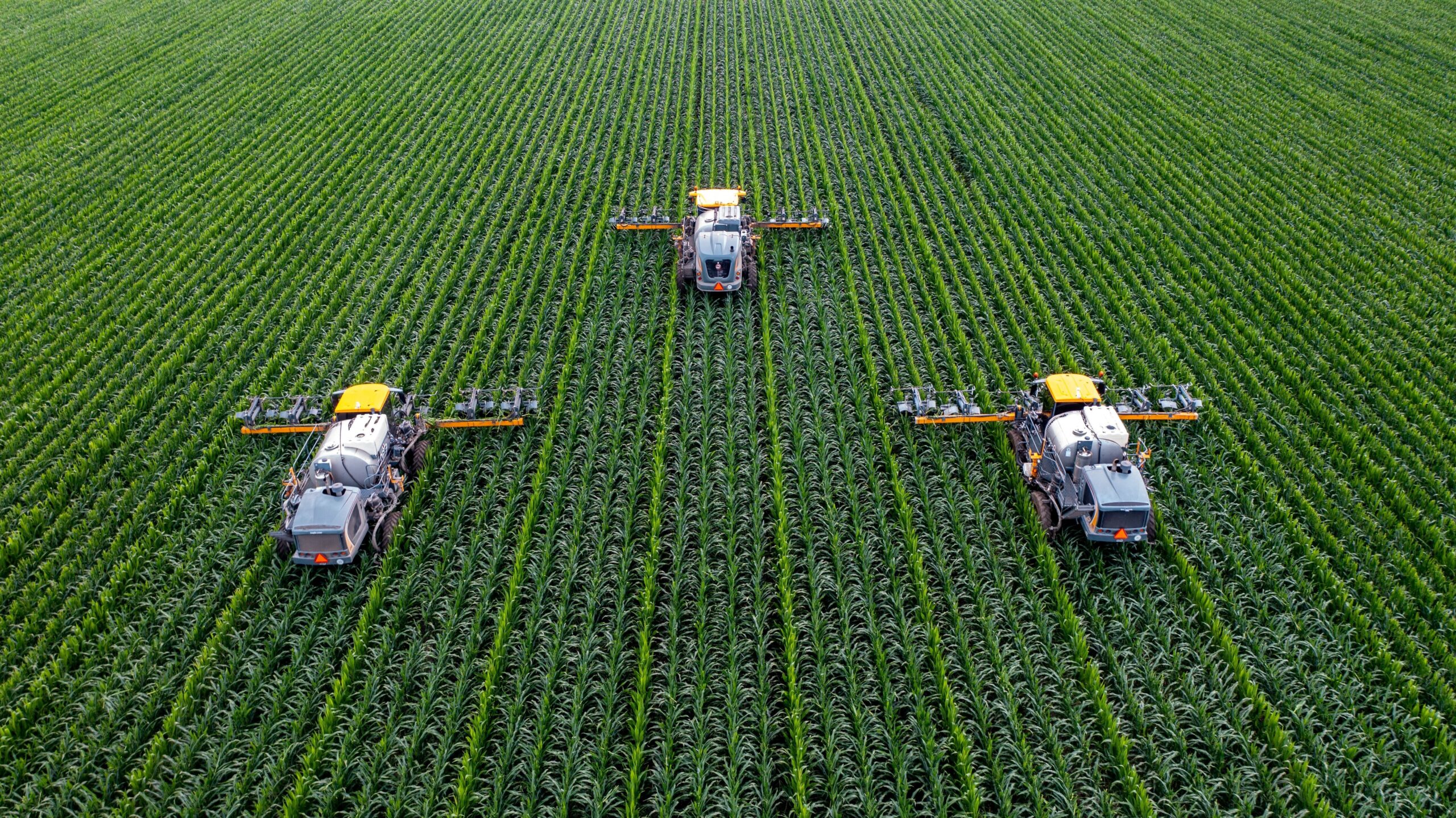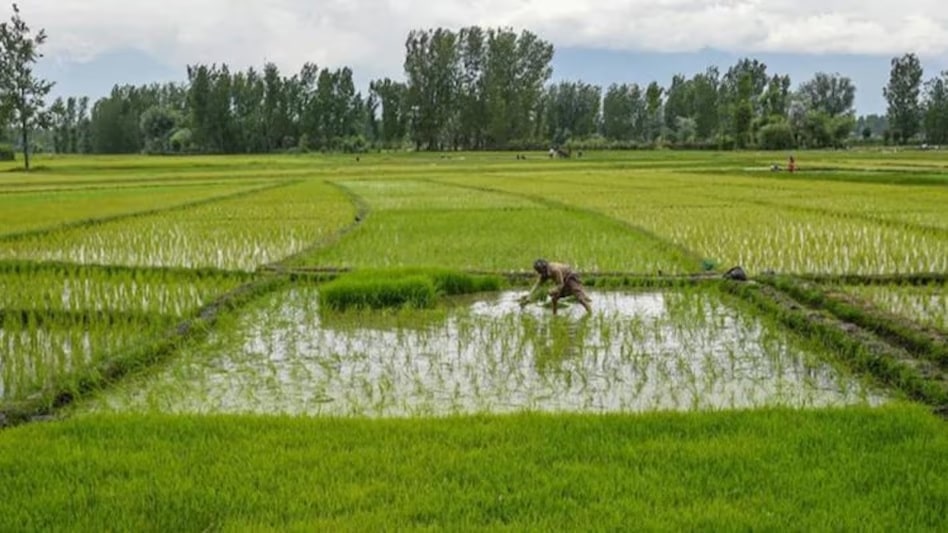Project Proposal
Smart Farming for Sustainable Agricultural Development and Food Security
The goal of this project is to utilize smart farming technologies to support sustainable agricultural practices and achieve the United Nations’ Sustainable Development Goals (SDGs).
For getting a complete proposal you can contact us at
Contact: gdn100@gmail.com / What’s App Us:+923082792040 and pay the price of your desired project.
Product Description
1. Introduction:
The goal of this project is to utilize smart farming technologies to support sustainable agricultural practices and achieve the United Nations’ Sustainable Development Goals (SDGs), particularly Goal 2: Zero Hunger, Goal 13: Climate Action, and Goal 15: Life on Land. By integrating advanced technologies such as Internet of Things (IoT), Artificial Intelligence (AI), and Big Data analytics, this project aims to promote efficient resource management, reduce environmental impact, increase productivity, and ensure food security.
2. Objectives:
– Implement smart farming techniques and technologies to enhance agricultural productivity while minimizing resource usage.
– Improve crop yields and quality through precise monitoring, automated irrigation, and optimized fertilization.
– Reduce the environmental impact of farming activities by minimizing chemical inputs, water wastage, and greenhouse gas emissions.
– Enable accurate and real-time monitoring of crop health, pests, and diseases for timely interventions.
– Contribute to rural development by providing training and technical support to farmers in adopting smart farming practices.
– Promote sustainable farming systems that enhance biodiversity, soil health, and water conservation.

3. Methodology:
a. Smart Sensors and IoT Integration:
– Deploy wireless sensors for monitoring soil moisture, temperature, and nutrient levels.
– Use IoT connectivity to transmit sensor data to a central system for analysis.
– Enable automatic control of irrigation systems based on real-time plant needs.
b. AI and Big Data Analytics:
– Develop machine learning algorithms to analyze sensor data and predict optimal irrigation schedules.
– Utilize AI-powered image recognition to detect crop pests, diseases, and weed infestations.
– Integrate weather and historic data to support decision-making for crop planning and risk management.
c. Precision Agriculture:
– Use satellite imagery and drones to map and analyze land, identifying optimal farming zones.
– Implement variable rate technology for precise application of fertilizers, pesticides, and water.
– Enable real-time monitoring of crop quality, growth rates, and yield predictions.
d. Capacity Building and Farmer Support:
– Conduct farmer training programs on smart farming techniques, data analysis, and technology usage.
– Establish knowledge-sharing platforms for farmers to exchange experiences and best practices.
– Provide technical assistance and on-site support to farmers during the transition to smart farming practices.

4. Expected Outcomes:
– Increased crop productivity and resource efficiency through optimized irrigation and precision farming.
– Reduced water wastage, energy consumption, and chemical usage, contributing to climate action.
– Early detection of crop diseases and timely interventions to minimize yield losses.
– Improved livelihoods and income generation opportunities for farmers through enhanced productivity.
– Increased food security and resilience to climate change by promoting sustainable agricultural practices.
BUDGET:
Estimated Budget for the Smart Farming Project:
Go
1. Infrastructure and Equipment:
– Smart sensors and IoT devices: $10,000
– Drones and satellite imagery equipment: $5,000
– Weather monitoring station: $3,000
– Computer hardware and software: $7,000
– Networking and connectivity setup: $2,000
2. Training and Capacity Building:
– Farmer training programs (workshops, materials): $6,000
– Technical assistance and on-site support: $4,000
– Knowledge-sharing platforms development: $2,000
3. Research and Development:
– AI and machine learning algorithm development: $10,000
– Big Data analytics software and licenses: $6,000
4. Operational Costs:
– Farm operation and maintenance: $8,000
– Data storage and cloud services: $3,000
– Travel and transportation: $4,000
5. Miscellaneous:
– Contingency funds: $5,000
Total estimated budget: $85,000
Note: The budget provided is an estimate and can vary based on specific project requirements and location. It is essential to conduct a detailed cost analysis and consider potential funding sources such as grants, sponsorships, or partnerships to ensure successful project implementation.









Reviews
There are no reviews yet.